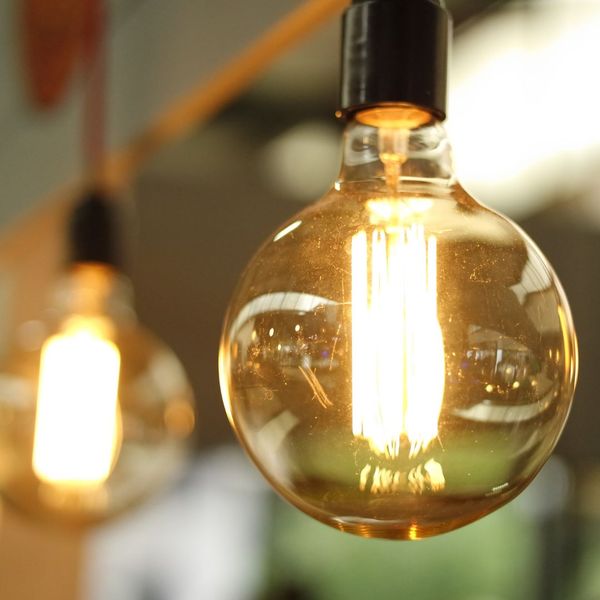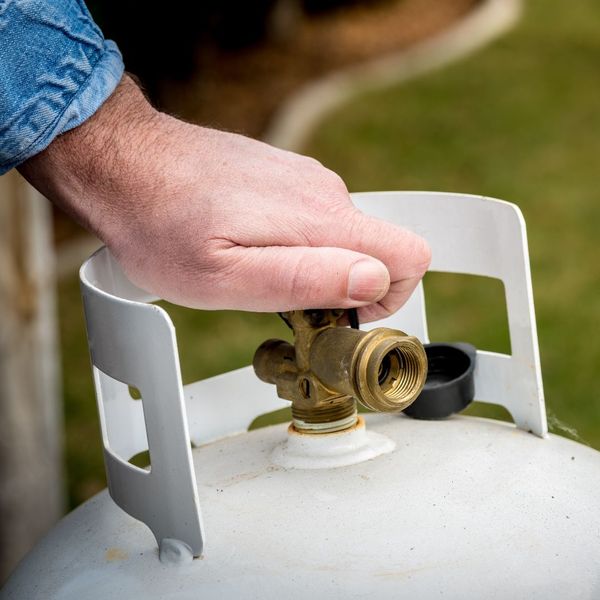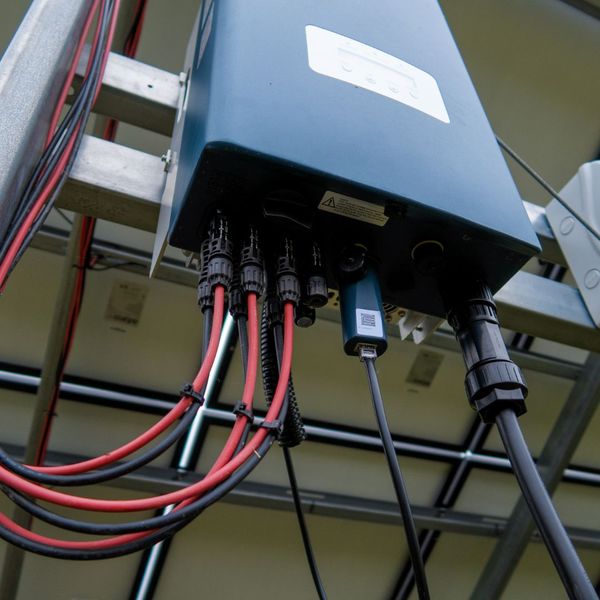Whether it’s due to natural disasters, grid malfunctions, or unforeseen accidents, losing electricity can leave homes and businesses at a standstill. This is where standby generators step in, offering a seamless solution to keep the lights on and systems running during outages. But how do they function during a power outage? At Capital Power, our team is dedicated to helping our customers better understand their power solutions, so keep reading to learn about standby generators and how they function.
How Standby Generators Function During Power Outages

Automatic Detection and Activation
Standby generators are equipped with an automatic transfer switch (ATS). This switch is responsible for detecting any interruption in the power supply. When a power outage occurs, the ATS senses the disruption within seconds and signals the generator to start. Once the generator receives the signal from the ATS, the engine is activated in a few seconds, ensuring minimal disruption to household or business operations. The generator’s internal combustion engine then provides mechanical energy.

Power Generation & Restoration
The mechanical energy is then converted into electrical energy through an alternator. This newly generated energy is directed into the building’s electrical system to power essential appliances and circuits. As the generator begins producing electricity, the ATS automatically disconnects the building from the power grid and transfers the electrical load to the generator. This seamless transition ensures that essential services such as heating, cooling, refrigeration, and lighting remain operational.

Continuous Operation
A well-maintained standby generator can continue to power a building for an extended period, as long as there is a sufficient fuel supply. Natural gas and propane-fueled generators can run indefinitely, provided there are no disruptions in the fuel supply.

Automatic Shut-Off
Once the main power supply is restored, the ATS detects the incoming power from the grid. It then automatically transfers the electrical load back to the primary source and shuts down the generator. The standby system is reset and ready for the next power interruption.

Benefits of Standby Generators
Reliability: Standby generators offer reliable, uninterrupted backup power during outages.
Convenience: With automatic operation, there’s no need for manual intervention to start the unit.
Minimal Disruption: The quick response of standby generators minimizes downtime and maintains convenience.
Safety: Permanently installed outside, these generators reduce risks associated with portable units, such as carbon monoxide poisoning or improper handling.
Standby generators provide an invaluable service during power outages, offering peace of mind and security. With automatic detection and seamless operation, they ensure that life and business can continue as usual, even when the power goes out. By investing in a standby generator, you can ensure that your lights will always stay on when you need them most. Contact Capital Power to get started with your standby generator installation today!
